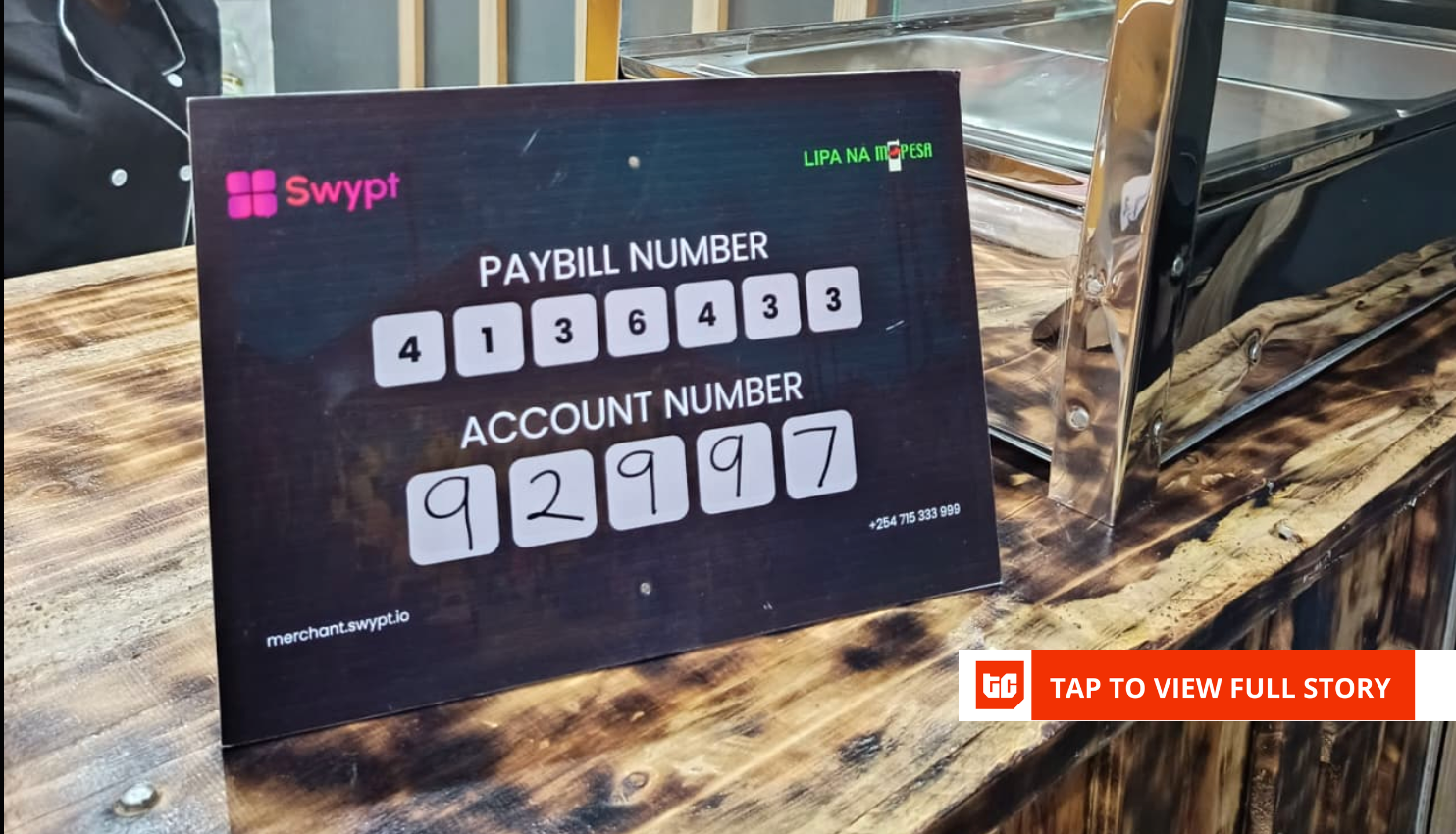Venture capital (VC) funding in Africa is still young, with most firms yet to reach the 10-year mark when portfolio performance and returns to investors—limited partners—can be judged. In such an early industry, few universal truths exist.
Yet across five editions of this column, clear lessons have emerged. Capital in Africa only compounds when it comes with three things: operational muscle, deep local fluency, and a deliberate plan for liquidity. Without them, even the best-intentioned investments struggle to translate into lasting value.
This week, my recap of the past five episodes pulls lessons from interviews with the corporate venture arm of one Egypt’s largest companies (GB Ventures), a venture studio exporting Anglophone Africa business models into Francophone West Africa (Mstudio), a global early-stage fintech specialist doubling down on inclusion (Accion Ventures), a decade-old pan-African seed fund reflecting on exits and local capital (Ventures Platform), and a research-heavy firm combining equity, venture building and debt (Consonance).
Here are the truths to be drawn from those conversations:
Truth 1: Capital plus operating muscle beats capital alone
Every investor profiled has built an operating stack around their cheques. GB Ventures integrates startups directly into its sprawling mobility and finance group. It also expects board seats in exchange for investment, and the startup will run three-month pilots inside business units. The firm helps its portfolio companies with distribution, revenue, and credibility that the startup could never buy on its own.
Mstudio goes even further, investing €500,000 ($588,000) worth of services and another €250,000 ($294,000) in cash while its 14-person internal team helps the startup execute against a 100-task venture-building playbook and constantly updates its learnings in an internal knowledge base.
Accion Ventures fields ex-operators to work on the ground on pricing, credit policy, segmentation, and go-to-market. Ventures Platform explicitly hires former operators so that early founders get hands-on help with strategy, sales, partnerships, and culture, while Consonance has institutionalised post-investment help and complements equity with debt so companies can finance working capital without dilution.
These firms’ different approaches all show that execution risk is so high that capital alone is rarely enough. Without helping build startups, most early African VCs risk their investment drowning in poor execution. While money is necessary, the accompanying support is decisive.
Truth 2: Copy-paste does not always work, and localisation decides winners
Mstudio’s most valuable lesson is a failed startup. Tuzo, cloned from Nigeria’s Bumpa, shipped the right features to the right users, yet the monetisation logic collapsed. Subscription billing depended on card rails and automated debits that simply aren’t culturally or technically feasible yet in Francophone West Africa, where mobile money dominates. The startup did not struggle with users but with revenue. That experience now anchors Mstudio’s process, which requires paid traction during the three-month Entrepreneur-in-Residence phase or kills the idea early.
GB Ventures also uses a similar approach, as it focuses all its investments in its home country. The firm’s parent company chose only Egypt to build a corporate venture capital playbook inside a familiar legal and commercial context, then use small pilot investments in new countries to learn before scaling the corporation’s own operations.
Ventures Platform evaluates Francophone West Africa with a first-principles rubric: currency stability, regional harmonisation (the “lake and ocean” idea), and whether the ecosystem can actually deliver venture returns. Accion staffs locally in each key geography to keep its global pattern-matching grounded.
Truth 3: Design the exit before the entry
Liquidity is not an afterthought for any of the firms. Ventures Platform says secondaries are core to returning capital, and they’ve already used them—alongside strategic acquisitions like Paystack and CrowdForce—to return four of six investment cohorts. Accion thinks about exits immediately it invests, and its recent exits—Apollo Agriculture, Lula, and Pula—came via secondaries and acquisitions rather than public listings.
Put the two approaches together and you get a practical African liquidity playbook: design multiple exit paths; expect secondaries to do heavy lifting; and match the instrument to the business so returns show up before the mythical IPO window opens.
Truth 4: Corporate venture is shifting from “nice-to-have” to a survival strategy
Nada Shaheen’s argument is stark: large African corporates that ignore startups will die. GB Ventures is her proof of concept. The fund invests where it can create operating leverage for the parent—logistics, fintech, mobility—then integrates portfolio companies as vendors, partners, or even brand representatives. A failed in-house e-commerce build for spare parts turned into an investment in a portfolio company that now runs GB Corp’s online channel, with group financing lines enabling scale.
Looking across the other episodes and companies show up not just as acquirers of last resort but as customers, distribution, and, increasingly, as capital. Ventures Platform expects more local acquisitions as valuations normalise. Consonance wants a policy that nudges companies to invest in startups.
Truth 5: Geography is a portfolio tool, not a trophy case
GB Ventures starts in Egypt to build muscle memory and board alignment, then uses small investments elsewhere to test its assumptions. Mstudio exists precisely because Francophone West Africa is systematically underserved, yet also harmonised enough to scale across borders once you crack one market.
Ventures Platform formalises the intuition: many Francophone markets are “lakes” individually, but the language, currency (CFA), and regulation make a regional “ocean”; meanwhile, the relative currency stability provides a counter-cycle to a volatile naira. Accion keeps a wide global spread—Africa, Latin America, South and Southeast Asia, and the US—because it tempers single-market shocks and lets insights travel where they’re useful.
Mark your calendars! Moonshot by is back in Lagos on October 15–16! Meet and learn from Africa’s top founders, creatives & tech leaders for 2 days of keynotes, mixers & future-forward ideas. Get your tickets now: moonshot..com









